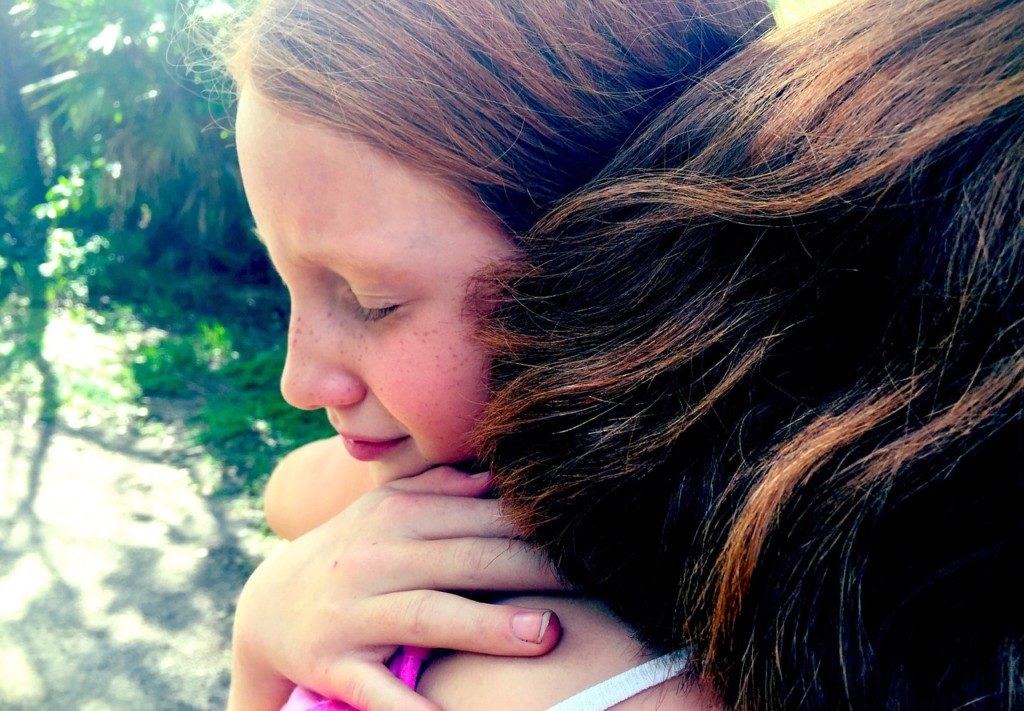
“It’s not even possible,” said my client, Cammie*. “There’s nothing for me to do. I can’t call her — what would I even say? I haven’t been through it. It would sound fake.”
Cammie’s good friend had had a miscarriage three days prior to our therapy session, and we were discussing the best way for Cammie to be as supportive as possible. But Cammie didn’t think she would be an effective support. The rest of our conversation revolved around her concern that because she hadn’t lived through a miscarriage herself, and the event was so horrifying, she would be of no use to her friend. In fact, Cammie was sure her friend would resent her for trying to help. Cammie felt helpless and stuck, despite her intense desire to be there for her friend.
Observing tragedy makes us feel awkward. The painful event elicits feelings of discomfort, while the “now what?” is overwhelming. We are preoccupied by our own subsequent existential crisis about how the world would let such a heinous thing happen, and what about us? Are we next? We shy away from confronting the disaster head on to maintain our own feelings of safety. We can’t be our best selves for others, because we don’t know how.
Although it is important to say and do helpful things for those who have experienced loss, sometimes what is most meaningful and comforting is to be present for them. Providing food and pragmatic solutions for others is certainly crucial, but often what people need the most when they’re grieving is not to be alone. They don’t want or expect you to fix it, they just don’t want to be buried in the sadness alone, because it’s terrifying. This is especially true after the initial influx of support is gone, when the event has faded from the minds of some, but is very much still real for the victim.
Being present allows us to be honest with those struggling, which can also provide great comfort. Saying, “I don’t know how to best help, but maybe you could let me know if there is anything specific I could do — if not, I’d love to come by and sit with you” can provide an opportunity to be supportive in a way that was not previously considered. It can be a relief for a victim to be asked directly about their needs, either because their needs are met or they are simply provided the opportunity to begin a difficult conversation.
Supporting a friend who has experienced a miscarriage can be difficult, but it doesn’t have to be complicated. Show up, and be honest — that’s all.
*Name has been changed to protect confidentiality











